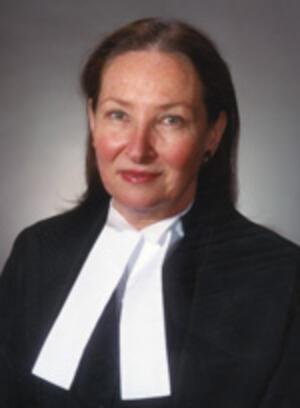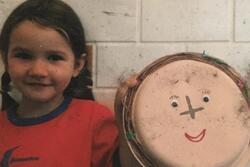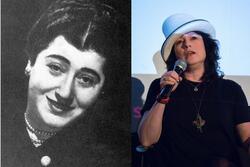Rosalie Silberman Abella: The Canadian RBG
Rosalie Silberman Abella exemplifies what it means to be an intersectional feminist in her work and in her life. She was born in a displaced persons camp to two Holocaust survivors on July 1, 1946. Her family immigrated to Canada when she was 4 years old, and she graduated from the University of Toronto in 1970. At the age of 29, Abella became Canada's youngest judge ever when she was appointed as a family court judge in 1976. She was also the first Jewish woman ever appointed as a judge in Canada, and in 2004 she became the first Jewish woman to ever serve on the Canadian Supreme Court. In other words, Abella is the Canadian RBG!
In my opinion, Abella has demonstrated intersectional feminism through her work as a legal advocate and supporter of civil rights for marginalized communities. Before her appointment to the bench, Abella was considered one of Canada's foremost human rights lawyers. After she became a judge, Abella was appointed to the Human Rights Commission of Ontario and the Royal Commission on Equality in Employment. In her work with the Royal Commission, Abella coined the term “employment equity,” which is a requirement in Canadian law that federally-regulated employers actively increase the representation of women, people with disabilities, Aboriginal people, and people of color in their workplaces. The work that Abella did on the Commission was used by the Canadian Supreme Court in interpreting equality rights established by the national constitution. Her work was also used by other countries, including New Zealand and South Africa, to promote equality in employment.
Abella has said that her early childhood and her parents’ experiences during the Holocaust made her grow up “with a passion for justice,” which led to her desire to become a lawyer and eventually a judge. “As a Jew,” Abella said, “I feel that, through the Holocaust, I have lost the right to stand silent in the face of injustice.” Abella used her own struggle, and that of the Jewish people during the Holocaust, to help other people who are struggling with prejudice and hatred.
Abella has dedicated her life to helping others, particularly people who are underrepresented in government and other places of power. She works to improve the lives of all her constituents, and works hard to ensure that every group and community has a voice. She has used her position to help as many people as she can, regardless of differences.
Abella fights for what's important to her and uses her values of intersectionality and justice to guide her in her career. In this way, Abella teaches us that we can use our own experiences to help others. This is an important lesson to me personally as both a Jew and someone with a disability. Learning and reading about Abella has truly inspired me to use my understanding of what it feels like to be different to help others who experience the same feeling, maybe just for a different reason.
Regardless of our own life experiences, I believe we can all learn from Abella’s story, and, just as she did, draw upon our own experiences to help others.
This piece was written as part of JWA’s Rising Voices Fellowship.








She's my woman!!